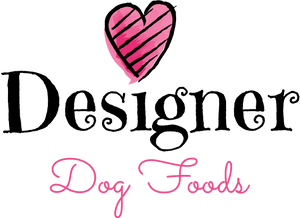Can Dogs Drink Milk?
Whilst you might drink it every day, milk is better off as an occasional treat for your dog. Safe in small quantities, a few tablespoons now and then can be a lovely addition to your dog's diet.
However, like everything, too much is never a good idea. Milk can be good for dogs; however, they should drink it sparingly; otherwise, you will be cleaning up a lot of mess.

Symptoms:
- Abdominal pain
- Diarrhoea
- Gas
- Loose stool
- Vomiting
Some dogs might be mildly lactose intolerant, and their symptoms might not be too bad. Some, however, really suffer when given dairy products so take caution when starting to give your dog milk.
Milk, compared to other dairy products, has a high amount of lactose. This enzyme called lactase is what lactose intolerant people and dogs have difficulty digesting. It's in all milk and dairy products to varying degrees.
If you want to let your dog eat dairy products, cheese and yoghurt are safer alternatives. Should your dog drink milk and have no adverse food reaction to it, then feel free to give them a little! It's only a problem if you're feeding your dog too much. Symptoms can still develop, regardless of their initial intolerance level.
Top Tips:
- Many dogs are lactose intolerant, and so before you decide to incorporate milk into your dog's food, give them a little and see how they respond
- If you've given your dog cheese or yoghurt and they didn't react, that doesn't mean milk won't trigger symptoms, so take caution.
Treatment Plan
If your dog has drunk milk and it turns out is lactose intolerant or has a food allergy, the symptoms will eventually pass.
Sometimes it's difficult to determine whether your dog is lactose intolerant because if they've drunk a lot of milk, they can have an adverse reaction regardless of sensitivity. In large amounts, milk can still cause vomiting or diarrhoea.
Regardless, if your dog does react to the milk, keep their food bland for a few days and give them lots of water.
If you're still concerned, consult with your vet.





